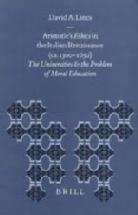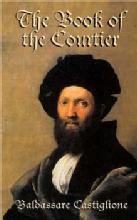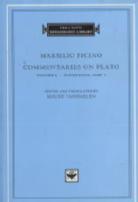Community Teaching in Kenilworth, 2012-13
The Italian Renaissance:
Intellectual, Literary, Artistic and Scientific Cultures
From October 2012 the Italian Department, together with members of Warwick's Centre for the Study of the Renaissance, will be offering a community course (not accredited) on the Italian Renaissance. This will consist of two 10-week segments (5 October-7 December; 11 January–15 March), involving a two-hour class each week. No previous knowledge is assumed, but participants will be expected to do some reading (20-30 pages) each week and to come prepared to discuss it. A lively interest will be a great help!
The period of the ‘Renaissance’ (or ‘rebirth’, around 1300–1650) is closely associated with famous people such as Leonardo da Vinci, Ficino, Machiavelli and Galileo. But how can these ‘geniuses’ be situated in their place and time? And how did their interests and activities interact? To answer these questions, this course will take us back to Italy, the cradle of the Renaissance. We shall try to understand why it was there and at that time that a such a ferment in thought, literature, art and science took place. We shall look at the production and writings (in translation) of some main figures. We shall also try to understand how the Italian Renaissance helped shape the modern world.
The course is especially designed for people in work or retirement and is limited to around 14 participants. The two segments may be taken either together or separately. Classes will include a mix of lectures and seminar-style discussions of readings. The first meeting will be a free taster session.
The lead instructor, Dr. David Lines (PhD in History, Harvard University), is Senior Lecturer at the University of Warwick, where he is Head of Italian and member of the Centre for the Study of the Renaissance, where he served as Director of Graduate Studies from 2007 to 2012. The author of a book and several articles, Dr Lines has been nominated for the Teaching Excellence Award and greatly enjoys working with adults. He is leading various research projects and has a particular interest in the influence of ancient thought on Renaissance Europe. Other instructors, also from Warwick, will be drawn from the fields of classics, literature and art history. All are internationally recognized scholars in their fields and have substantial teaching experience. (David Lines, Maude Vanhaelen, Eugenio Refini, Paul Botley, Lorenzo Pericolo, Eva Del Soldato)
Classes are currently scheduled for Friday evenings, 7:00–9:00pm in the refurbished Parochial Hall (Elizabeth Room) of St Nicholas Church, 28 High Street, Kenilworth CV8 1LZ. http://www.stnicholaskenilworth.org.uk/church-halls/parochial-hall/ There is parking available on the High Street or at the Abbey Fields nearby (50p
evening charge). Nearby restaurants and pubs make for a cozy rendez-vous before or after the class.
Course outline:
Section 1 (Oct.–Dec.)
 )
) )
) )
)Section 2 (Jan.–March)
 , two
, two )
)
Course Administrator Jayne Brown email
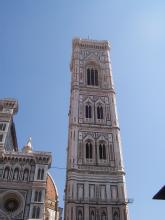
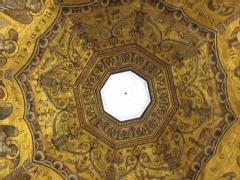
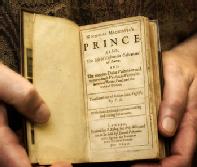
Feedback from course participants:
Whilst I found it immensely
challenging ... I found it to be not only educational but hugely interesting and enjoyable." Pauline H.
"David and his guest tutors made the course really interesting and provided some humorous insights into life then and now, to have such academic horsepower available to us in a community course was indeed a privilege." Neil B.
"... the classroom environment, along with the guidance of a good teacher, can offer a quality of learning that is difficult, if not impossible, to achieve on one’s own. " Michael M.
